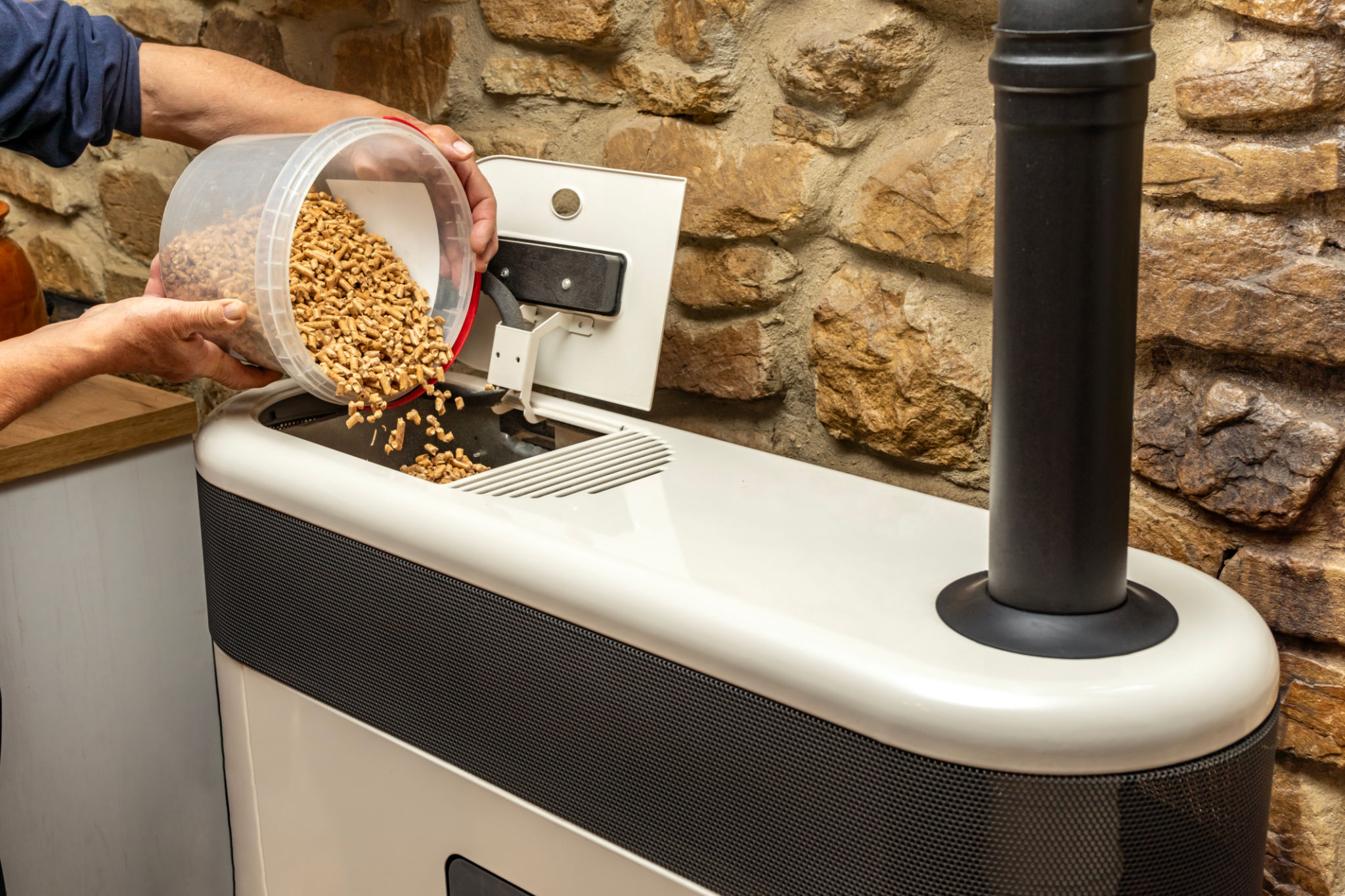Charcoal vs. Biomass Wood Pellets: Which is Best for Your Home?
Understanding the Basics
When it comes to choosing the best fuel source for your home, two popular options often come into consideration: charcoal and biomass wood pellets. Both are used for heating and cooking, but they have distinct characteristics that make them suitable for different needs and preferences. Understanding the basics of each can help you make an informed decision.

Charcoal: A Traditional Choice
Charcoal has been used for centuries as a reliable source of heat and energy. It is created by heating wood in the absence of oxygen, resulting in a product that is rich in carbon. Charcoal burns hotter and longer than regular wood, making it a popular choice for grilling and barbecuing. It’s also favored by some for its smoky flavor, which can enhance the taste of grilled foods.
However, charcoal production involves deforestation and contributes to carbon emissions, raising environmental concerns. Moreover, it requires a significant amount of energy to produce, which can offset its benefits if not sourced sustainably.
Biomass Wood Pellets: An Eco-Friendly Alternative
Biomass wood pellets are made from compressed sawdust and other wood waste materials. They are considered a more sustainable option because they utilize by-products that might otherwise go to waste. Biomass pellets are known for their efficiency and clean-burning properties, producing minimal ash and emissions compared to traditional wood or charcoal.

These pellets are often used in pellet stoves and boilers, providing a consistent source of heat for homes. The production process is generally considered more environmentally friendly, especially when the raw materials are sourced from sustainably managed forests.
Comparing Efficiency and Cost
When it comes to efficiency, biomass wood pellets tend to have an edge over charcoal. They boast a higher energy density, meaning you get more heat output per unit weight. This can translate into cost savings over time, as less fuel is needed to achieve the same level of warmth.
On the other hand, charcoal can be more cost-effective upfront, particularly if you’re using it for occasional grilling rather than regular home heating. It's important to weigh initial costs against long-term savings when considering which option is best for your needs.

Environmental Implications
Sustainability is a growing concern for many homeowners, and understanding the environmental impact of your fuel choice is crucial. Charcoal production is often linked to deforestation and habitat destruction, while biomass wood pellets offer a more sustainable alternative when sourced responsibly.
Choosing pellets made from renewable sources helps reduce your carbon footprint and supports eco-friendly practices. Many pellet manufacturers adhere to strict environmental standards, ensuring that their products contribute positively to the environment.
Making the Right Choice for Your Home
The decision between charcoal and biomass wood pellets ultimately depends on your specific needs and priorities. If you’re looking for an eco-friendly option with long-term cost benefits, biomass wood pellets may be the way to go. However, if you prefer the traditional approach to grilling or need a quick heating solution, charcoal could still be a viable choice.
Consider factors such as availability, price, and environmental impact when making your decision. By choosing wisely, you can enjoy effective heating or cooking while minimizing your ecological footprint.
